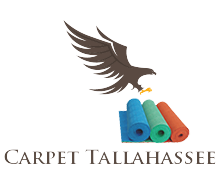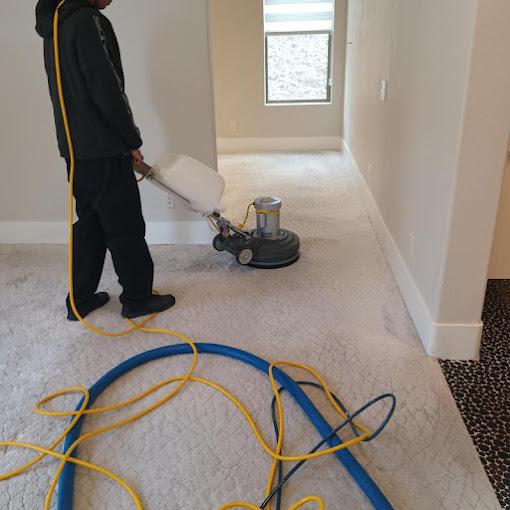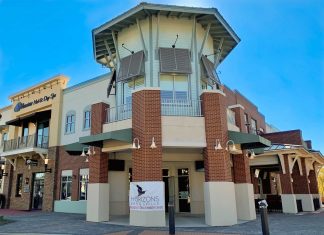Strengthening safeguards in opposition to dangers will guarantee eating places and resorts stay protected into 2022.
Tampa Bay eating places and resorts have needed to change into inventive in responding to the pandemic. Strengthening safeguards and vigilant threat administration will assist shield staff and clients.
For the space’s hospitality companies, it has been formidable to navigate via a worldwide pandemic. The problems that brought on such a downturn are nonetheless hurting the business:
- Labor shortages abound at eating places and resorts.
- Enterprise journey stays considerably under 2019 ranges.
- Elevated reliance on expertise has helped enhance operations however elevated cyber threat.
- The delta variant of COVID-19 has resulted in a return to indoor masks mandates in many areas.
These points have had a tangible impact on threat administration and insurance coverage. Underwriters are making extra on-site inspections whereas checking social media critiques of hospitality companies to examine for threat.
Insurers are carefully taking a look at eating places’ capability to take care of rising alcohol gross sales and figuring out if resorts are taking full measures to fight COVID-19, as many promote staycations to spice up occupancy.
Nevertheless, inventive options that embrace expertise, advertising and enhanced worker advantages can have a significant optimistic influence on the hospitality business — so long as house owners and operators are cognizant of and have the capability to handle the dangers.
Listed below are main points and traits that the business will face in 2022:
- The business will provide greater pay, improved advantages and higher working situations
The employee shortages which have damage the business since the outset of the pandemic aren’t abating: a 3rd of former hospitality staff gained’t take into account returning to the business.
The shortages are pushing eating places to limit hours, improve wages and provide signing bonuses, even with entry-level jobs: McDonald’s, for one, has raised pay ranges 10% at corporate-owned eating places in an effort to rent 10,000 staff. Some employers are providing advantages like restricted well being care and underwriting school tuition to draw new workers.
Inns are feeling the results of the labor scarcity as properly, although to a considerably lesser diploma. Measures comparable to slicing again on housekeeping companies has alleviated a few of the stress. Know-how additionally continues to fill a spot; cellular apps and chatbots, for instance, permit visitors to self-serve on extra companies than ever.
Defending workers will stay the precedence. Employers ought to monitor potential disruptive adjustments to staff’ compensation insurance coverage. Many states are contemplating new presumption guidelines that will permit claims that assume an infectious illness was contracted at work. Because of this, hospitality companies will give attention to bettering working situations not solely to draw staff however scale back threat in the course of.
- Know-how deployment — and cyber threat — will improve
Hospitality’s dependence on expertise is rising, nevertheless it’s a double-edged sword.
Know-how is remodeling point-of-sale techniques, bettering gross sales, stock and money circulation. It has additionally confirmed to be a wonderful means to supply worker coaching.
With out the capability to bodily serve clients, many eating places relied upon expertise to outlive, via supply apps and ghost kitchens, turning their sit-down operations into supply powerhouses.
However the reliance on expertise brings threat. Malware, phishing, and different cybercrimes are widespread. In the second quarter of 2021, tried on-line fraud rose 156% year-over-year in journey and leisure companies; the sector had 13 main cyber-breaches in the final three years alone.
Organizations must put safeguards in place, from firewalls to worker coaching to keep away from breaches. In addition they ought to discuss to their insurance coverage dealer to make sure they’ve ample cyber insurance coverage protection. Jumps in claims, particularly for ransomware, have tightened capability and are prone to increase charges 20% or extra.
- Inns will want enterprise vacationers to get better utterly
A full restoration in lodging? Thy title is “enterprise journey.”
Enterprise journey drives an inordinate quantity of the hospitality business, significantly resorts — and resort income from enterprise journey is predicted to drop an astounding $59 billion in 2021 in comparison with the pre-pandemic ranges of 2019.
Giant enterprise conferences and conventions have slowed to a trickle for the foreseeable future. To draw enterprise conferences, resorts have tried turning themselves right into a hub from which occasions and native journey prolong, as an alternative of maintaining all the pieces inside the resort. Combining enterprise with pleasure is one other profitable angle, creating packages that encourage enterprise vacationers to remain longer at the resort.
Because of this, the business’s nightly income per out there room throughout the summer season met or exceeded pre-COVID ranges in 70 markets. On a year-to-year foundation, it’s nonetheless at 60% of 2019’s highs, however a lot of the business has entered restoration mode.
The inventive methods have helped with some restoration however have dangers of their very own, and nonetheless depend upon excessive ranges of enterprise journey. Enterprise revenue protection is predicted to rise 10% in 2022, with carriers tightening phrases and looking for charge will increase.
- Local weather change-driven climate occasions will have an effect on hospitality operations
The escalating quantity and influence of weather-related catastrophes is affecting each business, hospitality not the least. Property-casualty charges for each eating places and lodging institutions are rising as a lot as 20%.
Excessive climate disrupts operations, raises prices and reduces leisure journey and tourism. Warmth and drought add to wildfire dangers, with three of the high 5 years for burned acreage occurring since 2015. That’s to not point out the injury introduced on by hurricanes, floods and hail.
Claims pushed by climate in the U.S. are greater than anticipated, ensuing in a tough market with restricted capability. The most effective threat administration method to maintain property charges in line has been to give attention to water mitigation and minimizing inside damages.
In the present day, disaster (CAT) modeling can be an vital a part of threat administration, because it helps determine the place weather-related catastrophes are almost certainly to happen. Leveraging CAT modeling might help hospitality companies inform a compelling threat administration story to underwriters.
Shifting ahead in 2022
The COVID-19 pandemic stays the business’s largest impediment to restoration. House owners and operators have discovered methods to draw clients via advertising, tech investments and adherence to security measures. However even these companies which are doing properly are nonetheless challenged to seek out staff to maintain operations at full throttle and develop.
The challenges earlier than the hospitality business will stay formidable in 2022. The pandemic, labor shortages and weather-related disasters aren’t going to vanish, nor will cybercrime. Correct threat administration and the proper insurance coverage safety will likely be key in separating profitable resorts and eating places from those who battle. A trusted advisor — a great insurance coverage dealer — will assist hospitality companies seize alternatives that opponents can’t.












